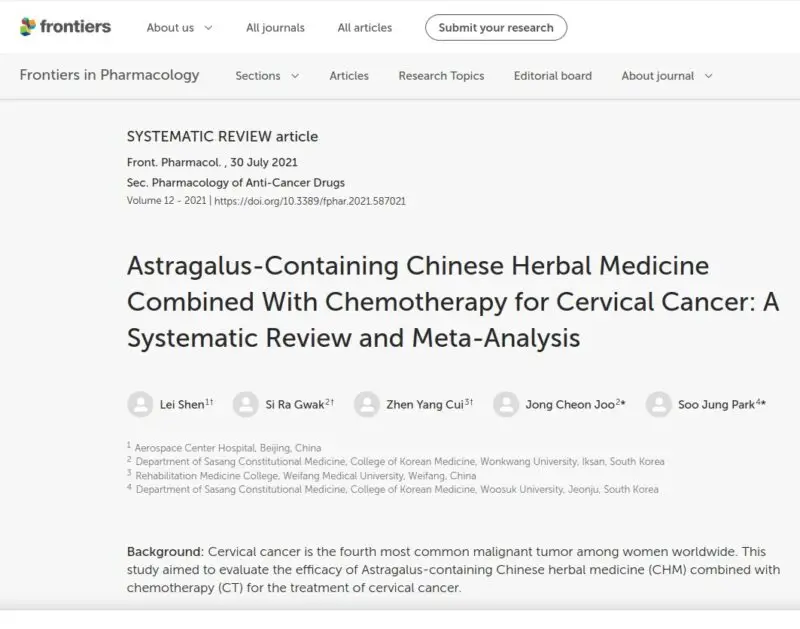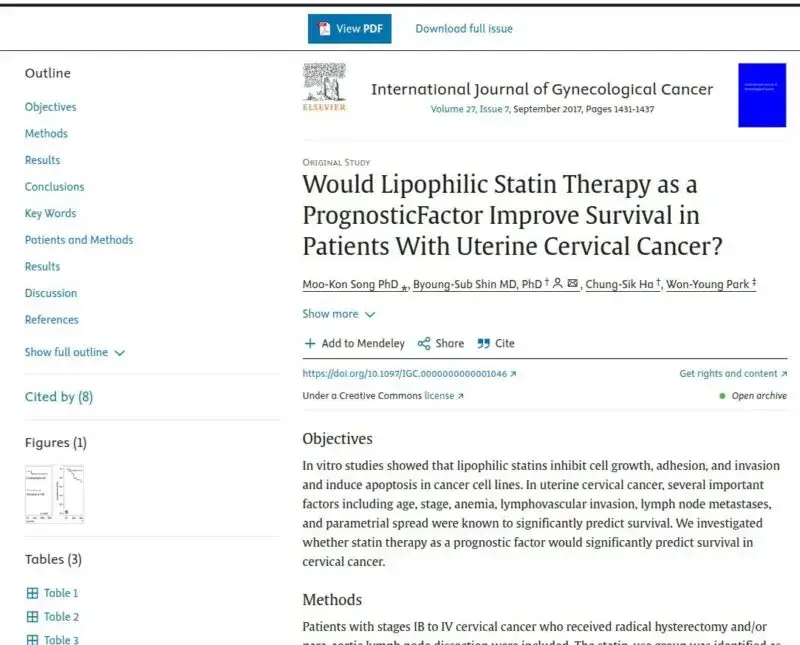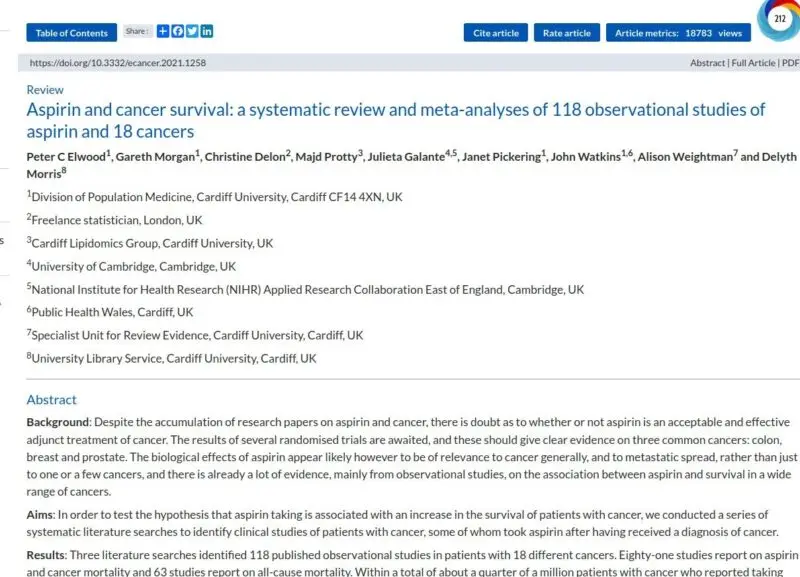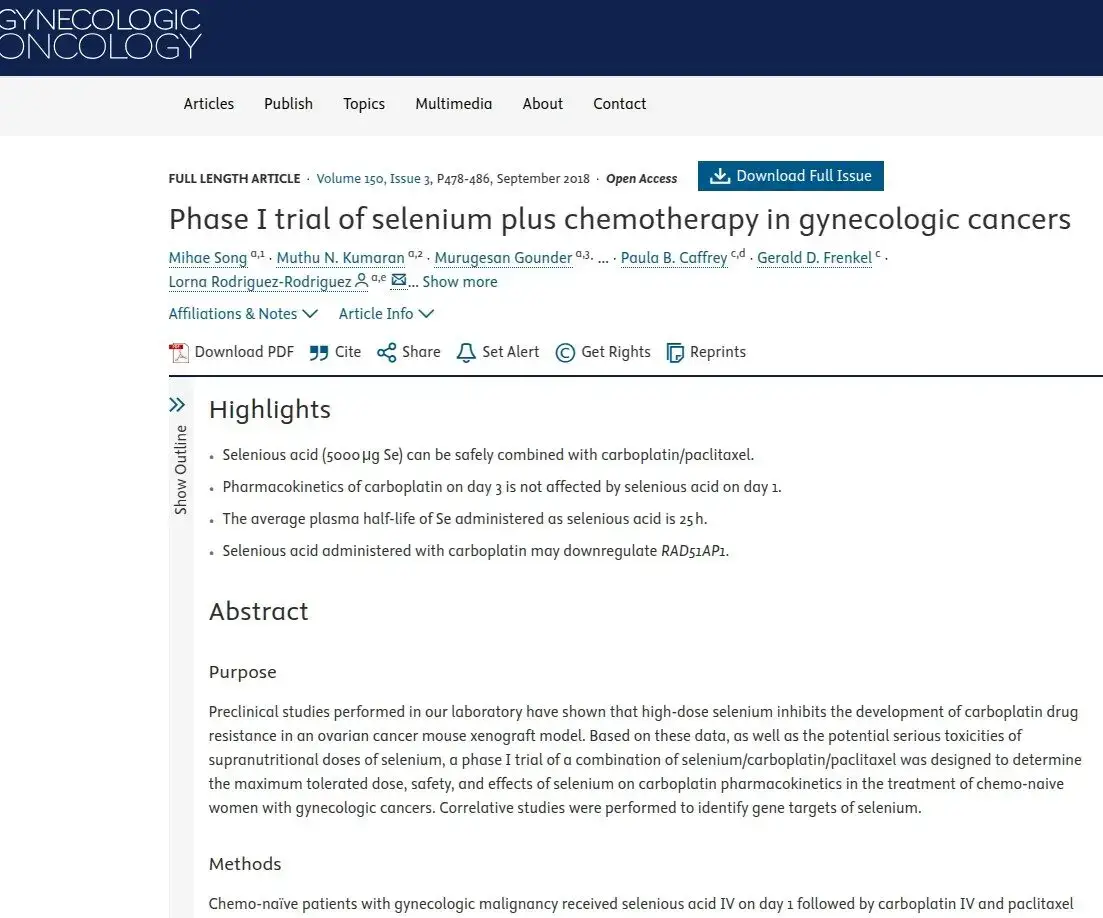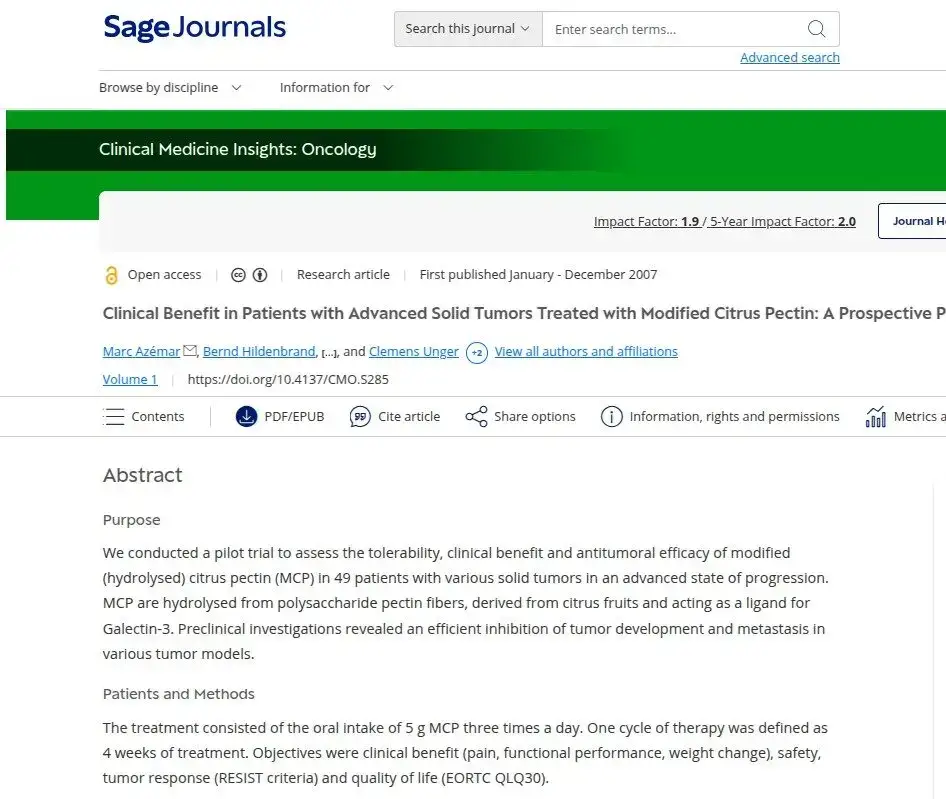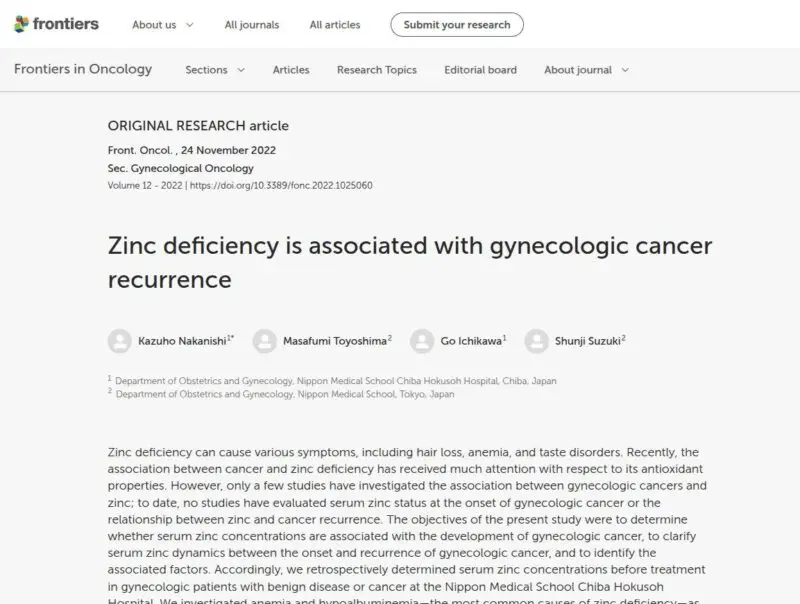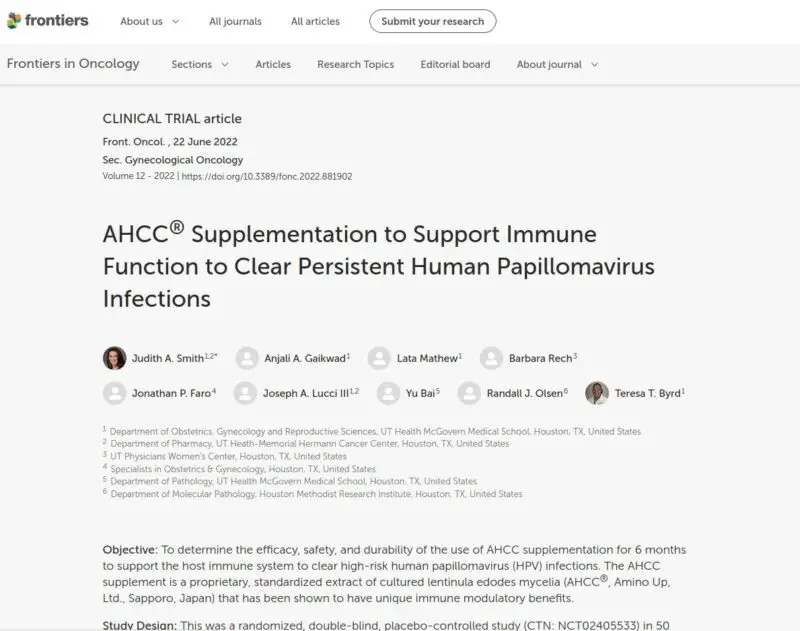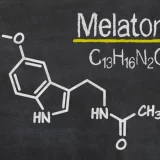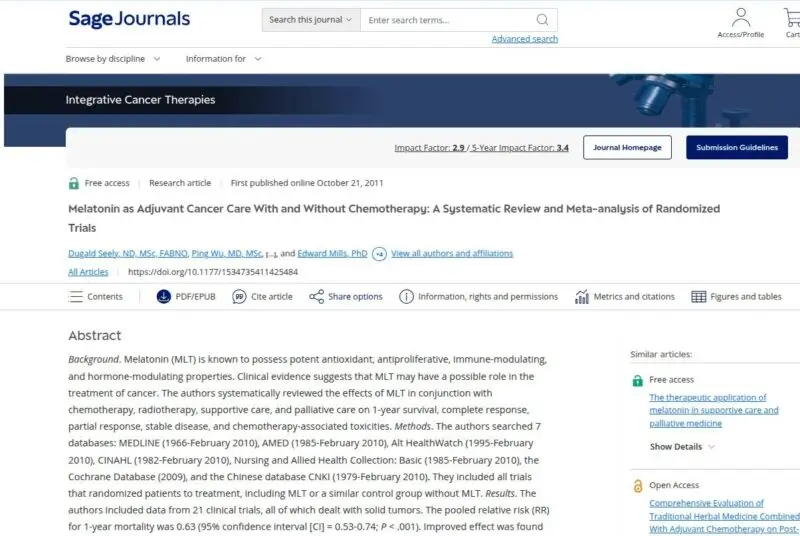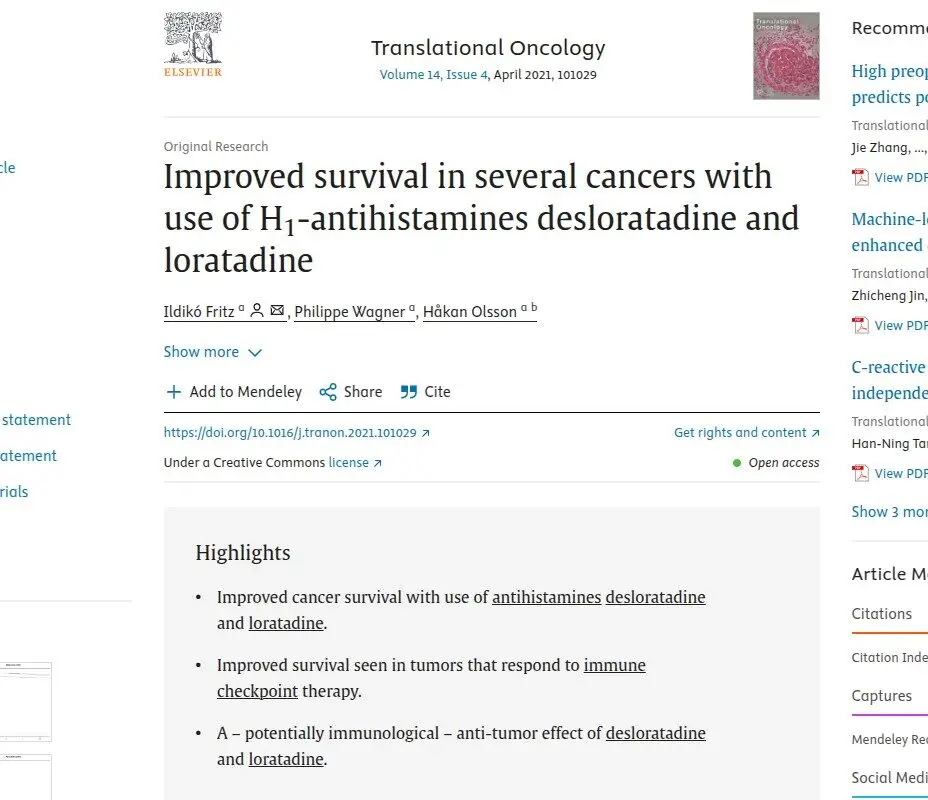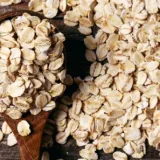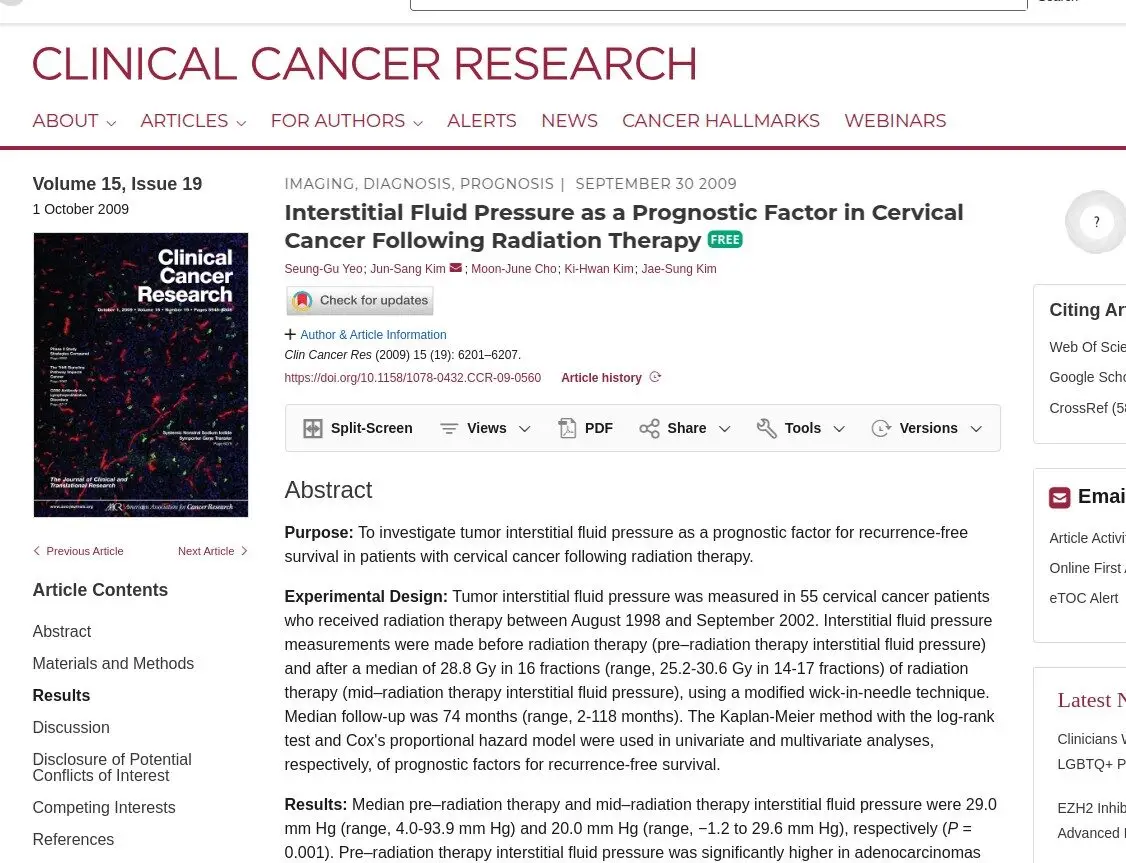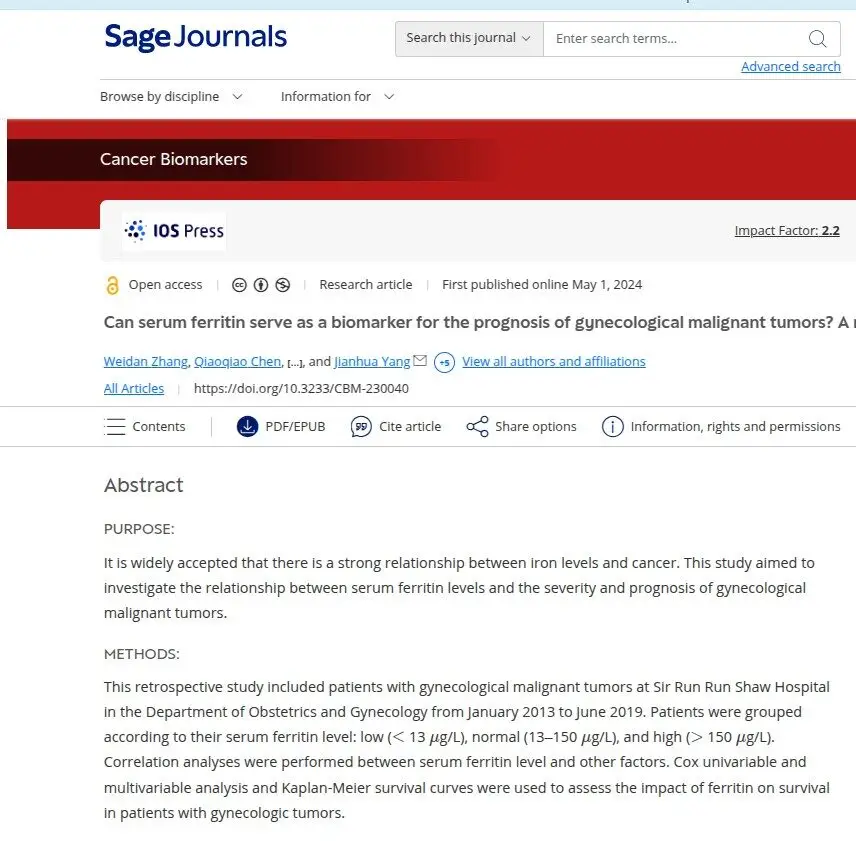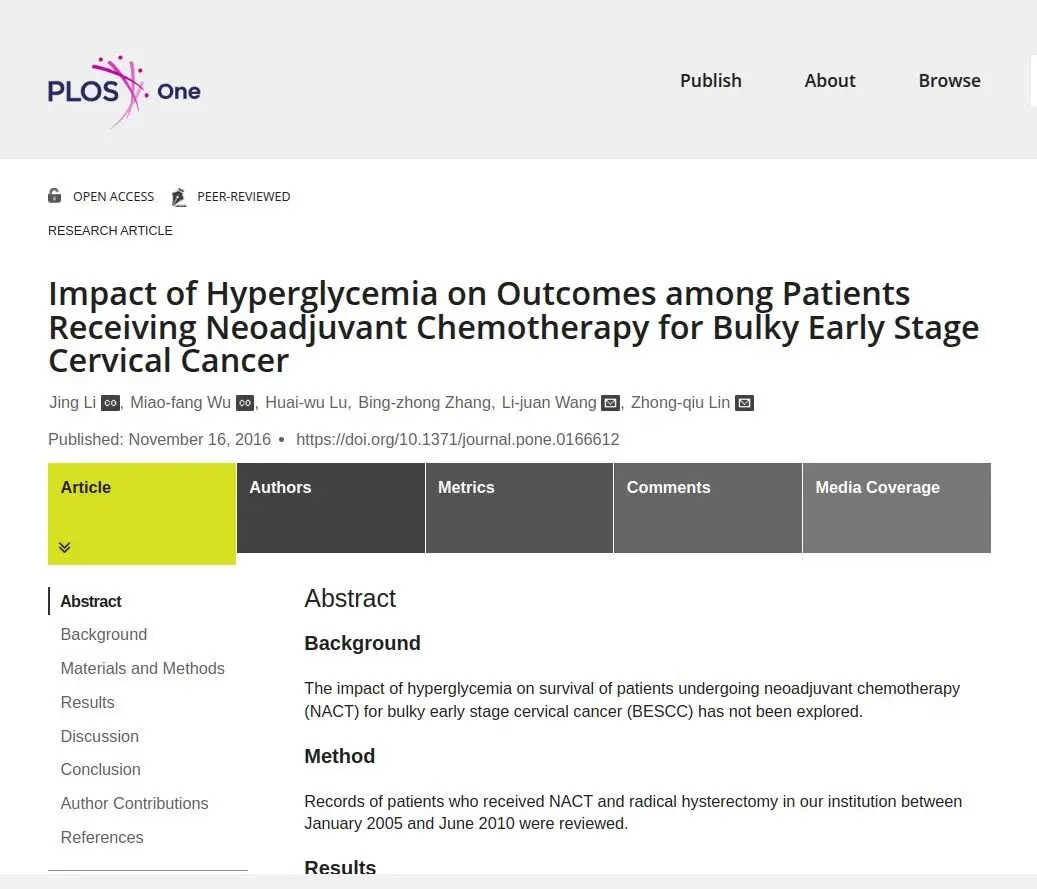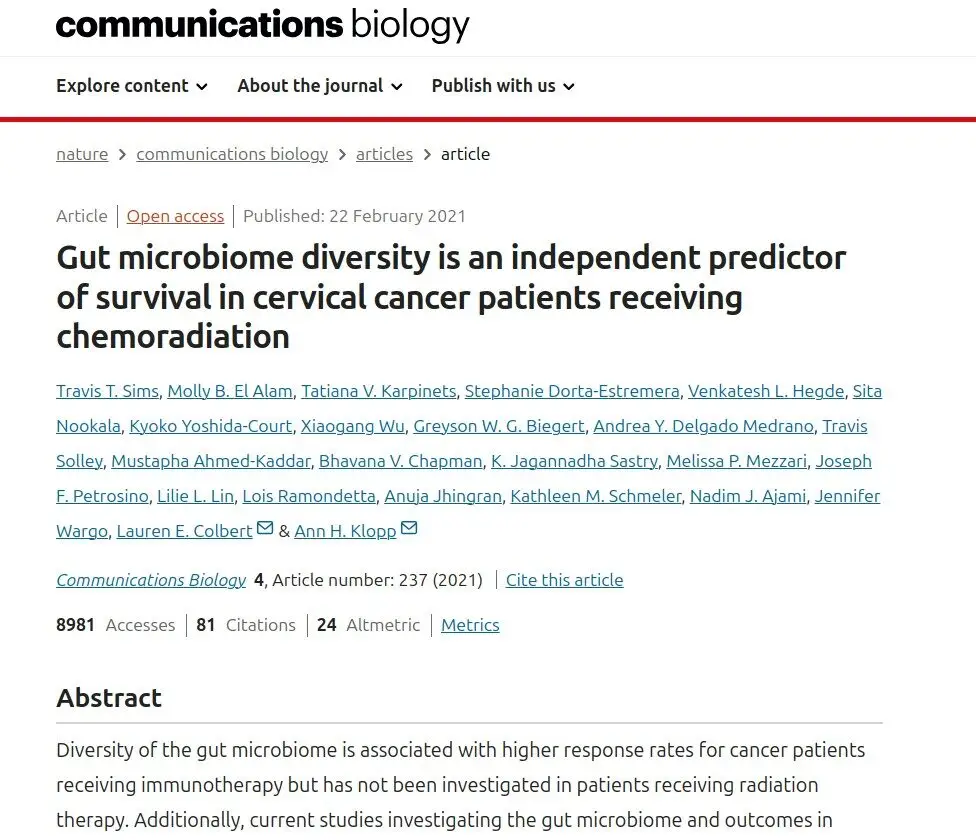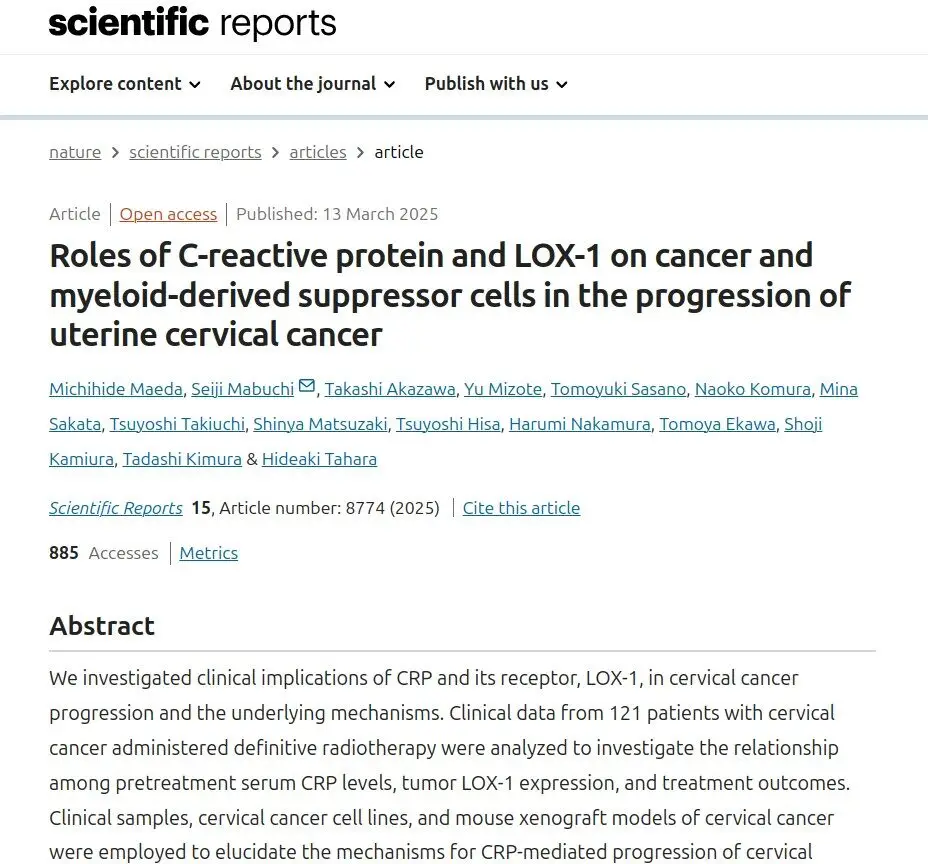The well proven herbal supplement, astragalus, is reported from trials to both improve the results of treatment and limit drug side effects. Researchers show the re-balancing and restoring immune system health can both reduce risks and encourage better quality of life.
Increased cholesterol activity is one common finding in how many cancers can grow and progress. Comparing statin users to non users has led to reports of lower risks for progression in cervical cancer. From comparision of patient records rather than active trials, those taking specifically lipophilic statins (eg atorvastatin) have been found to have reduced progression and red yeast rice is a widely used natural alternative where a prescription statin is not available.
During a recurrence phase, studies have reported a large drop in zinc levels. The mechanisms behind this include cancer switching immune system activity to allow its growth. So far there are no clinical trials to show effects of supplementation. Healthy pre-diagnostic zinc-selenium levels are strongly linked with better outcomes in several cancers, and now high dose selenium within oncology has shown some striking results, including a pilot trial in gynacologic cancers where a fifth of patients showed sustained progression free responses with chemotherapy. Similarly, many reports have shown iron deficiency in cervical cancer, and link that to dysfuntional iron metabolism seen in high ferritin levels (iron storage proteins). The milk pre-biotic lactoferrin strongly binds iron in the gut helping bring iron into balance.
Use of low dose aspirin has not been closely studied in cervical cancer. There is, however, broad evidence including gynecologic cancers as a group. In ovarian cancer aspirin the highest effects are post-diagnosis, increasing progression free time and reducing overall risks even in advanced stages. There, researchers make the comparision with results seen by adding an immunotherapy drug to chemotherapy treatment. Its apparent that during stages I to III, low dose aspirin has by far the superior benefit. Aspirin can amplify the actions of statins, and the latter are also shown from patient data to have significant benefit in relative survivial for post-diagnostic use in cervical cancer patient data. There are several oncology drug classes often increasing lipid levels.
Mushroom beta glucan increases the activity of the immune system, and recent trials show two thirds of patients are responders to a branded product that cleared HPV infections and radically improved biomarkers of inflammation and better immune system responses. Related to immune responses, they are reportedly also depressed by actions of a specific protein, gal-3, which research shows strongly increased at both primary and metastatic sites of cervical cancer.. This recent finding links with evidence that responders to citrus pectin therapy, about a quarter to half of patients, get measurable improvements from these supplements. Melatonin is a crucial hormone able to rebalance the immune system, its levels are frequently reported to be very depressed in a variety of cancer patients at diagnosis. Even at very late stages, some patients across multiple disease types respond to moderate to high dose melatonin with boh stable disease and improved quality of life.
Another inflammation linked therapy is emerging in functional goods derived from oats or eggs, able to reduce fluid pressure in tumors, a prominent feature of cervical cancer. This is another mechanism driving growth and metastasis, and especially treatment resistance. When it comes to microbiome in cervical cancer, studies show that high diversity very beneficial, both “good” and, surprisingly “bad” strains. Risks are quite significantly lowered, and potentially most of all in a lower inflammation environment.
Systemic inflammation is linked with increased risks for progression, especially in later stages. Both acute type inflammatory responses measured by C-reactive protein, and immune system related neutrophil-to-lymphocyte ratios. Maintaining relatively lower levels of both make a substantial difference. Commonly used Astragalus root has evidence of improving immune system balance and NLR while curcumin and other other functional foods including garlic can help bring down CRP.
The so called Th1/Th2 immune system balance is strongly linked to the progression and to treatment resistance. Molecular iodine solutions are emerging in this area in breast cancer management and seen boosting Th1 anti tumor activity and helping suppress over active Th2 used in resistance. The has improved results in surgery plus chemotherapy and may support increased response immunotherapy (see Supplement Library). For immunotherapy, though less commonly used, the presence of high sodium levels is now identfied as a key marker for success in other cancers. Also in other cancers, AM treatment programs are substantially more effective that PM/evening sessions



